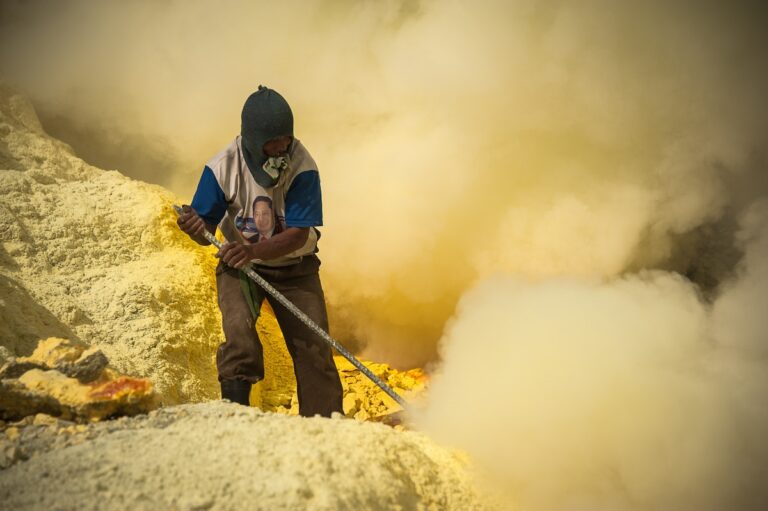
Public consultation platform launched to influence Dutch investment treaties
SOMO, TNI, Milieudefensie and Both ENDS have launched a new public consultation platform with the purpose to engage as many people as possible to influence the new blueprint for bilateral investment treaties (BITs): www.tijdvooreerlijkehandel.nl(opens in new window) . The long-awaited blueprint was made public two weeks ago by Minister Kaag.
The concerns of 11,000 people ignored
Earlier this year, 11,000 Dutch citizens expressed their concerns about bilateral investment treaties (BITs) and called on Minister Kaag to emphasise the protection of human rights, labour rights and the environment in future BITs. Unfortunately, the new blueprint fails to incorporate many of these concerns, which is why we are calling on Dutch citizens to provide input at www.tijdvooreelijkehandel.nl(opens in new window) .
ISDS alive and kicking
Bart-Jaap Verbeek, researcher at SOMO:
“The new blueprint is old wine in new bottles. It still favours corporations by emphasising their rights over their responsibilities and the provisions regarding sustainability don’t carry much weight. So you could say that ISDS is alive and kicking”.
The current blueprint actually represents a step backwards when compared to CETA because CETA at least did not include the Investment Court System (which we consider a weak ISDS alternative). The new model, meanwhile, continues to provide a private court to settle conflicts between states and corporations. This “court” will consist of three private attorneys with no right to appeal decisions.
The Netherlands and ISDS: US$100 billion in claims over the past 50 years
Minister Kaag has already promised that future BITs will no longer allow “letterbox companies” to access the private investment courts. She further acknowledged that this kind of court is unnecessary in “OECD countries”.
“We’re happy that Minister Kaag acknowledges some of the fundamental flaws, however, that is not reflected in the new blueprint”, notes Milieudefensie’s Freek Bersch. He believes that the new blueprint “still provides too much potential for corporate misconduct”.
Fifty years ago, the Netherlands was the first country to include an ISDS clause in its investment treaties. This has allowed investors to claim some US$100 billion in compensation from other countries for the adoption of public regulations.“If it’s up to us, the Netherlands will be the first country because it’s nothing more than a political tool for corporations to pressure countries and influence legislation”, says Bart-Jaap Verbeek.
Do you need more information?
-

Bart-Jaap Verbeek
Researcher
Partners
-
De Goede Zaak
Related content
-
ISDS reform: The need for a substantive overhaul to investment protectionPosted in category:Opinion
 Bart-Jaap VerbeekPublished on:
Bart-Jaap VerbeekPublished on: Bart-Jaap Verbeek
Bart-Jaap Verbeek -
 How are things with ISDS? This week at the UN in New York.Posted in category:News
How are things with ISDS? This week at the UN in New York.Posted in category:News Bart-Jaap VerbeekPublished on:
Bart-Jaap VerbeekPublished on: -
 Same old, same old: the EU pushes ISDS 2.0Posted in category:NewsRoeline KnottnerusPublished on:
Same old, same old: the EU pushes ISDS 2.0Posted in category:NewsRoeline KnottnerusPublished on: -
 Rethinking Bilateral Investment Treaties – critical issues and policy choicesPosted in category:NewsPublished on:
Rethinking Bilateral Investment Treaties – critical issues and policy choicesPosted in category:NewsPublished on: -
 ICAR and SOMO launch project ‘Challenging corporate capture within international trade and investment settlement mechanismsPosted in category:NewsSophia LinPublished on:
ICAR and SOMO launch project ‘Challenging corporate capture within international trade and investment settlement mechanismsPosted in category:NewsSophia LinPublished on: -

-

